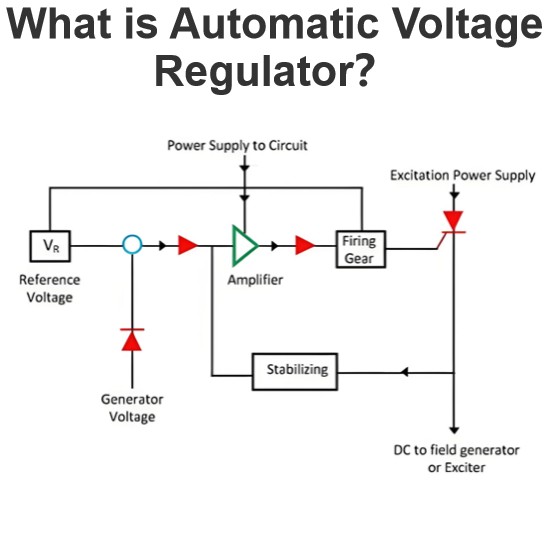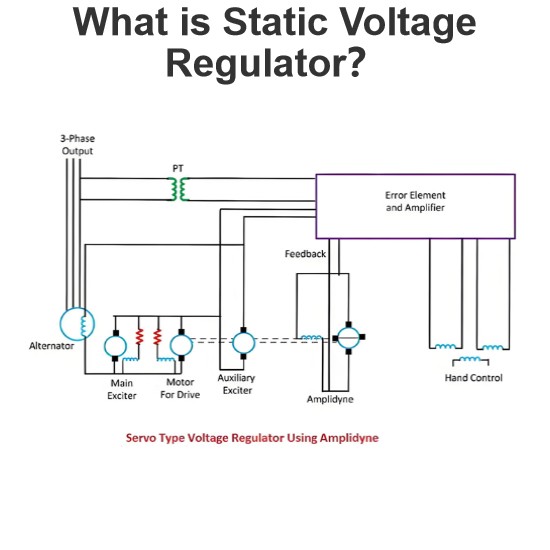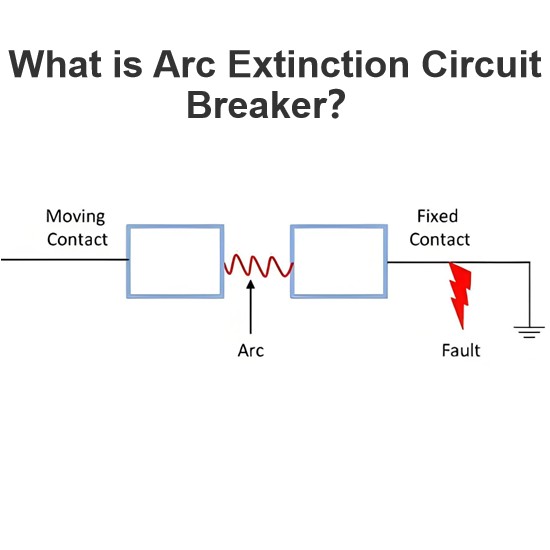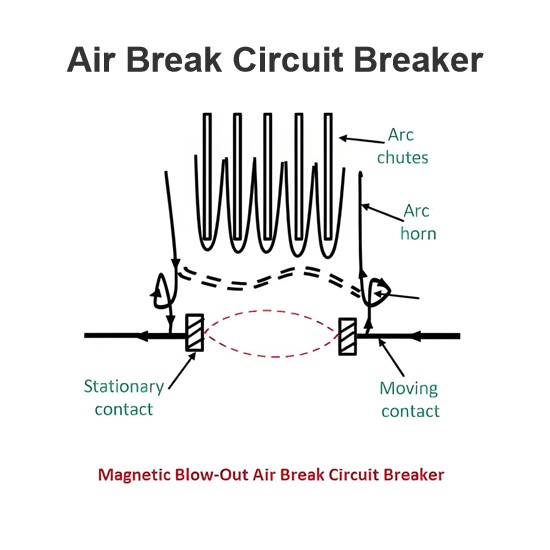What is the difference between a GI wire and a copper wire for electrical connections?
Materials and Conductivity
Copper Wire: Copper has excellent electrical conductivity with low resistivity, meaning it can transmit current more efficiently than other materials in the same size. Therefore, copper wire is typically the preferred choice for efficient power transmission applications such as household wiring, industrial power distribution, etc.
GI Wire (Galvanized Steel Wire): The core of GI wire is steel, coated with a layer of zinc to prevent corrosion. While steel's conductivity is much lower compared to copper, it offers higher mechanical strength and tensile capacity. Due to its lower conductivity, GI wire is generally not used for power transmission but more often for structural support or as a grounding wire.
Corrosion Resistance
Copper Wire: Pure copper forms a layer of copper oxide when exposed to air, which is relatively stable and provides some protection against further corrosion. However, in certain environments (such as air containing sulfides), copper may suffer from more severe corrosion.
GI Wire: The zinc coating on GI wire provides additional protection against corrosion. Even if the surface is scratched, the surrounding zinc can sacrificially protect the underlying steel from corrosion. This makes GI wire particularly suitable for outdoor or humid environments.
Mechanical Strength
Copper Wire: Although copper has some flexibility and ductility, its mechanical strength is significantly lower compared to steel.
GI Wire: Steel has very high mechanical strength, making it ideal for applications that require significant physical stress, such as overhead support wires or fixing components in cable trays.
Cost
Copper Wire: Due to the scarcity of copper resources and high mining costs, copper tends to be much more expensive than steel.
GI Wire: In comparison, GI wire is less costly, and this price difference becomes even more pronounced in large-scale applications.
Application Scenarios
Copper Wire: Widely used in residential and commercial building electrical wiring, as well as any application requiring efficient power transmission.
GI Wire: Primarily used in situations where high-efficiency conductivity is not required, such as grounding wires, support parts for overhead wires, or other applications needing high-strength materials.
Summary
Choosing between GI wire and copper wire depends on specific application requirements, including needed conductivity, mechanical strength, corrosion resistance, and budget considerations. For applications requiring efficient power transmission, copper wire is usually the better choice; for scenarios emphasizing mechanical strength and durability, GI wire may be more appropriate.
The Electricity Encyclopedia is dedicated to accelerating the dissemination and application of electricity knowledge and adding impetus to the development and innovation of the electricity industry.













